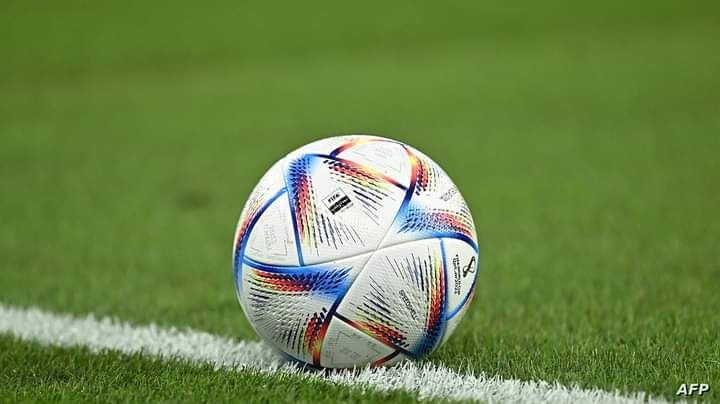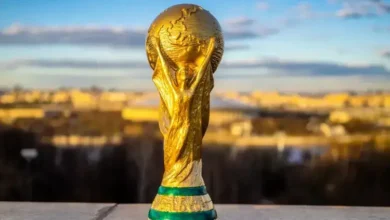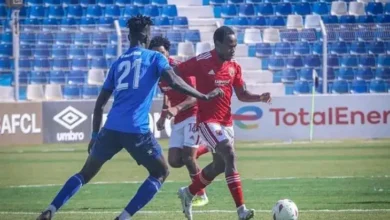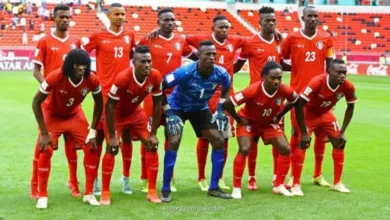Handmade in an Islamic country..8 strange facts about the ball he is playing in the World Cup now

Football fans watch the World Cup matches in Qatar, waiting for their favorite team to hit their goal.
The huge event revolves around a hand-made ball in a city in Pakistan, and women sew it for $ 0.75.
“If you have a soccer ball in your home, it is most likely manufactured in Sialkot, Pakistan, where more than two-thirds of the world’s soccer balls are made in one of the 1,000 factories in the city, and that includes the official Adidas World Cup ball,” Bloomberg says in a report. the scientist”.
The report monitors eight facts about the ball being played in the World Cup now, namely: – Sialkot, a city located in northeastern Pakistan, produces about 70 percent of global supplies, including the official Adidas ball for the 2022 FIFA World Cup in Diameter.
Sialkot employs about 60,000 footballers, or about 8 percent of the city’s population, often working long hours and hand-stitching balls.
- indicates a report”Bloomberg” notes that “more than 80 percent of footballs made in Sialkot are produced by hand stitching, which is a laborious process that makes the ball more durable, and the stitches are more severe than those sewn by machines.” Seamstresses are paid about $0.75 per ball. On average, each one takes three hours to make. Most of the people who sew balls are women.
Each woman sews two balls a day, while the men work at various stages of the manufacturing process, preparing materials or testing quality.
Factories in Sialkot employed children as young as 5 alongside their parents until the country enacted the Labor Law in 1997.
The finished soccer balls undergo rigorous testing to comply with FIFA standards.
One of the advantages of the World Cup balls for this season is that they are equipped with sensors, according to a previous report published by the Washington Post.
The official match ball, manufactured by Adidas, has a motion sensor inside.. The sensor reports the exact location data of the ball500 times per second, according to the company, helping referees make more accurate decisions.
Adidas said the sensor-equipped balls were tested in several soccer tournaments leading up to the World Cup, including the 2021 Club World Cup, and did not affect players’ performance.
The ball will be used in all 64 matches of the tournament and will provide information to the organizers’ data center, which officials can use for tracking, statistics and monitoring of play.





